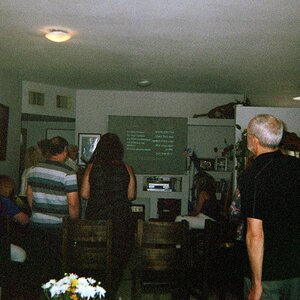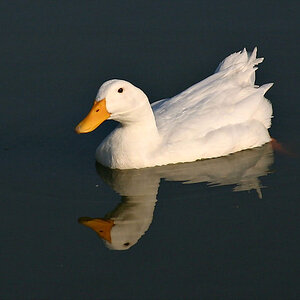sbr
TPF Noob!
- Joined
- Dec 30, 2014
- Messages
- 8
- Reaction score
- 0
- Can others edit my Photos
- Photos NOT OK to edit
Hi,
Assuming you have comparable quality lenses. Would you get the same depth of field at say f5.6 with a 50mm prime lens as you would with a 18-140mm set at the same f5.6 and at same 50mm? Basically I am asking do you get the same depth of field with a zoom vs a prime if the aperture and mm's are the same?
Assuming you have comparable quality lenses. Would you get the same depth of field at say f5.6 with a 50mm prime lens as you would with a 18-140mm set at the same f5.6 and at same 50mm? Basically I am asking do you get the same depth of field with a zoom vs a prime if the aperture and mm's are the same?



![[No title]](/data/xfmg/thumbnail/31/31753-281132967af6a422c89bcc0d6f16499a.jpg?1619734991)

![[No title]](/data/xfmg/thumbnail/42/42326-1e75ade9716f7e863d85def8d13cf591.jpg?1619740127)
![[No title]](/data/xfmg/thumbnail/39/39645-11fae384f9fd2ec2813acc42adec0206.jpg?1619739148)

![[No title]](/data/xfmg/thumbnail/41/41906-b9041eb5a3fa48eb5d5084ac2198a75c.jpg?1619739940)




